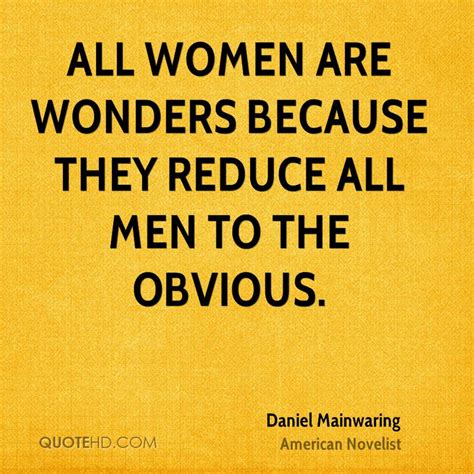A Quote by Maria Montessori
The ‘absorbent mind’ welcomes everything, puts its hope in everything, accepts poverty equally with wealth, adopts any religion and the prejudices and habits of its countrymen, incarnating all in itself. This is the child!
Quote Topics
Related Quotes
Let us look at wealth and poverty. The affluent society and the deprived society inter-are. The wealth of one society is made of the poverty of the other. "This is like this, because that is like that." Wealth is made of non-wealth elements, and poverty is made by non-poverty elements. [...] so we must be careful not to imprison ourselves in concepts. The truth is that everything contains everything else. We cannot just be, we can only inter-be. We are responsible fo everything that happens around us.
In Japan we have the phrase, "Shoshin," which means "beginner's mind." Our "original mind" includes everything within itself. It is always rich and sufficient within itself. This does not mean a closed mind, but actually an empty mind and a ready mind. If your mind is empty, it is always ready for anything. It is open to everything. In the beginner's mind there are many possibilities; in the expert's mind there are few.
Everything that we see in our daily lives is more or less distorted by acquired habits and this is perhaps more evident in an age like ours when cinema posters and magazines present us every day with a flood of ready-made images which are to the eye what prejudices are to the mind. The effort to see things without distortion demands a kind of courage; and this courage is essential to the artist, who has to look at everything as though he were seeing it for the first time.
The very fact that religions are not content to stand on their own feet, but insist on crippling or warping the flexible minds of children in their favour, forms a sufficient proof that there is no truth in them. If there were any truth in religion, it would be even more acceptable to a mature mind than to an infant mind--yet no mature mind ever accepts religion unless it has been crippled in infancy.
When a person thinks, I am a Christian, this other person is a Muslim, therefore he is my enemy, or I am a Muslim, this other person is a Hindu, therefore she is my enemy, they reveal their own lack of spiritual depth. No religion teaches this, and any understanding of any religion that adopts this divisive attitude proves itself false by doing so.
By repealing the Child Poverty Act, which forced governments to take real action to tackle child poverty, this government brings a proud chapter of British history to an undignified end. In future the government will measure child poverty not by looking at whether they have any money, but by looking at their so-called 'life chances.'
The policy of the emperors and the senate, as far as it concerned religion, was happily seconded by the reflections of the enlightened, and by the habits of the superstitious, part of their subjects. The various modes of worship, which prevailed in the Roman world, were all considered by the people, as equally true; by the philosopher, as equally false; and by the magistrate, as equally useful. And thus toleration produced not only mutual indulgence, but even religious concord.
I dread the loss of her I've never touched love keeps me a slave in a cage of tears I gnaw my tongue with which to her I can never speak I miss a woman who was never born I kiss a woman across the years that say we shall never meet Everything passes Everything perishes Everything palls my thought walks away with a killing smile leaving discordant anxiety which roars in my soul No hope No hope No hope No hope No hope No hope No hope




































